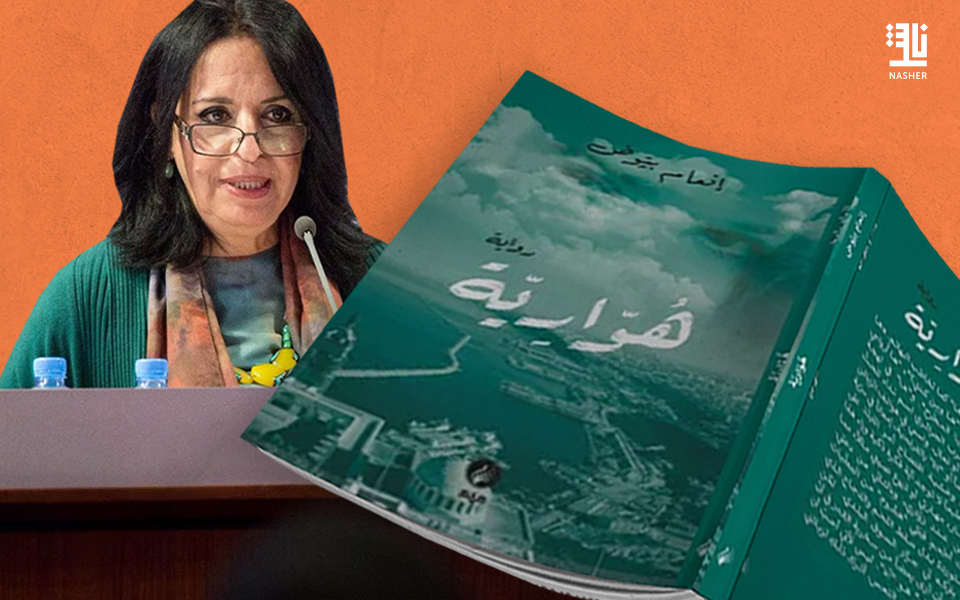Algeria’s Arabic publishing house MIM Edition announced this week that it is suspending business following an online backlash over an award-winning novel criticised for perceived inappropriate content.
“We announce that MIM closed its doors effective immediately in the face of the wind and the fire,” the publisher said. “We were nothing but advocates of peace and love, and we sought nothing but to spread that.”
Houaria, by Algerian writer Inaam Bayoud, has faced criticism on social media over the book’s alleged “indecent” content and claims that it contains vulgar expressions in the Algerian Arabic Darija dialect. The backlash has prompted support from several Algerian intellectuals, who highlighted the double standards faced by women in Algerian society. “The Inaam Bayoud affair highlights in broad terms the hypocrisy of a part of the people who absolutely do not want to face their contradictions under the cover of a sometimes overrated bigotry,” said veteran journalist Hassan Moali on Facebook.
Amina Belaala, a member of the Assia Djebar Grand Prize jury, denied the existence of any profanity in the novel. “We did not see in those few words any affront to morality, religion or modesty,” she said. Belaala criticised those who labelled the novel indecent after reading only a few pages, and praised Bayoud’s “precise narrative and character construction.”
MIM Edition, established by editor Assia Ali Moussa in 2007, has been a prominent Algiers-based publisher supporting young Algerian women by publishing novels, poetry, plays and literary research.
The announcement comes a week after “Houaria” won the prestigious Assia Djebar Grand Prize, an award in honour of the Algerian literary giant who died in 2015.
For literary critic Faycal Metaoui, the uproar caused by the novel is evidence of a double-standard for female writers in Algerian society.
“The author and the publisher are women. If it were written by a man, we would not have seen all this,” he told AFP.
It has since supported young Algerian women by publishing novels, poetry, plays, and literary and philosophical research. The novel tells the story of a female fortune teller named Houaria – a very famous name in the western Algerian district of Oran – whose clients include people from different social classes who visit her seeking advice on their most intimate secrets.
Bayoud used her character to tell these people’s stories and reflect on the intricate layers of Algerian society.







